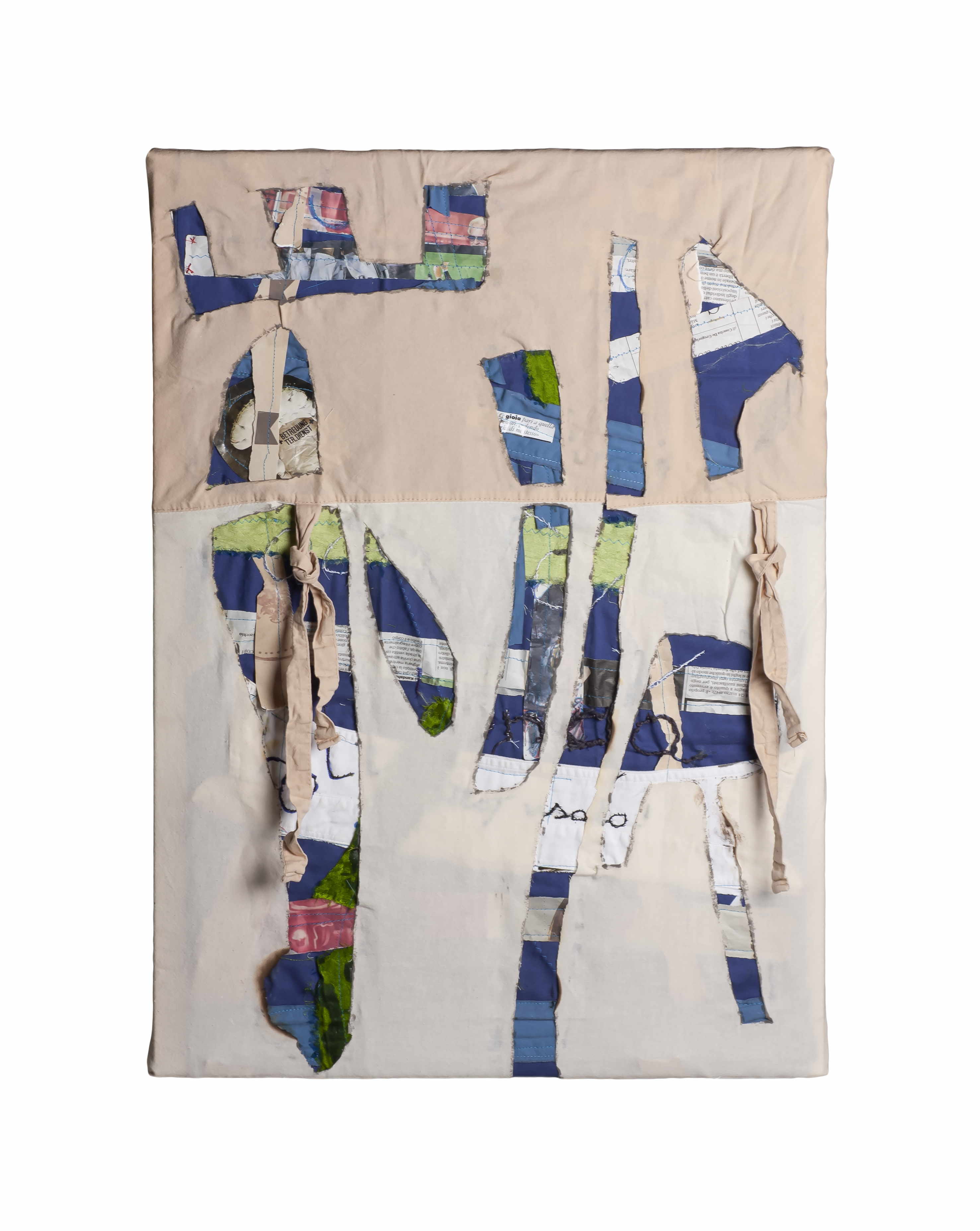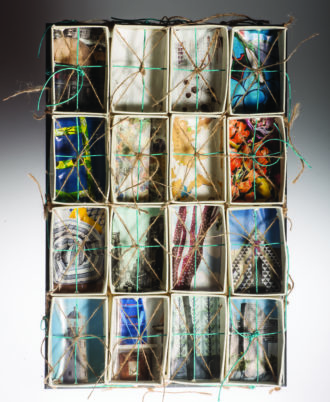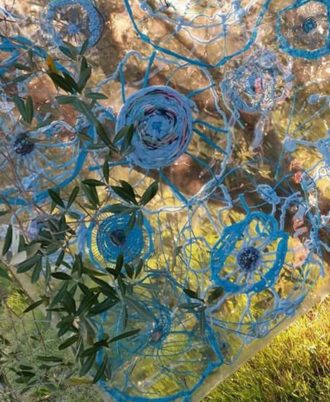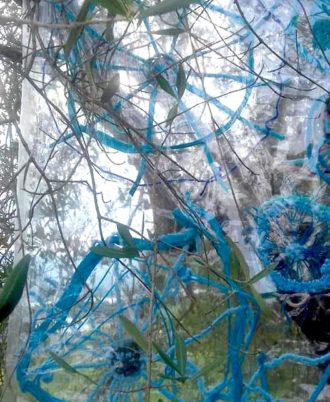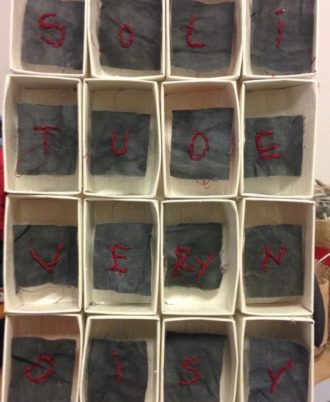In his latest book, 2The Estatic Mind” Elvio Facchinelli concludes with a double criticism of his two main teachers in psychoanalysis : Sigmund Freud and Jacques Lacan.
It seems rather that he wants to lay bare that constitutive
In the story On the beach he writes: In 1985 on the beach of San Lorenzo a Mare on a windy afternoon, looking fascinated at the sea "From the depths of torpor, almost from sleep, a solitary thought" emerges and conquers it" after the initial glimpse, psychoanalysis has ended up being based on the assumption of a necessity: that of defending oneself, controlling, being careful and keeping away… But this is certainly its limit: the idea of a man who must always defend himself, from birth, and perhaps even before from an internal danger armored, armored . If this is true, the perspective must be reversed, placing oneself on the other side Where the ES (what I really am) must be replaced by the domesticated IO. In very crude terms: psychoanalysis inevitably defends us from a dangerous "excessive joy", certainly to avoid trouble, but in doing so it makes us miss something vital.
Analysis protects too much from the hubris that it itself unleashes.
This concept resembles the idea of the sea, continuously unstable, an image of freedom, an image of nostalgia for the land (idea of stability).
Where there is the ES there is the power of the sea.
Inspired by this concept
the collage work where the orderly, armored image of the surface cannot contain the power of the sea (ES)
ambiguity of psychoanalysis ,even of the best one.


